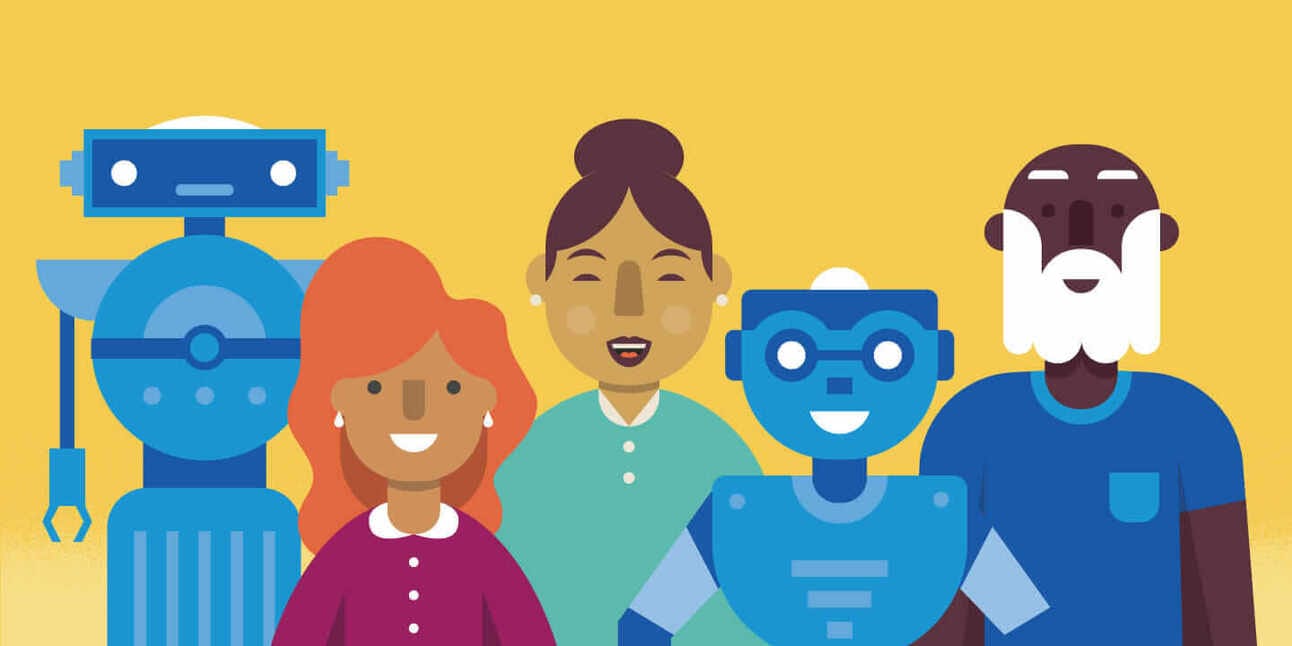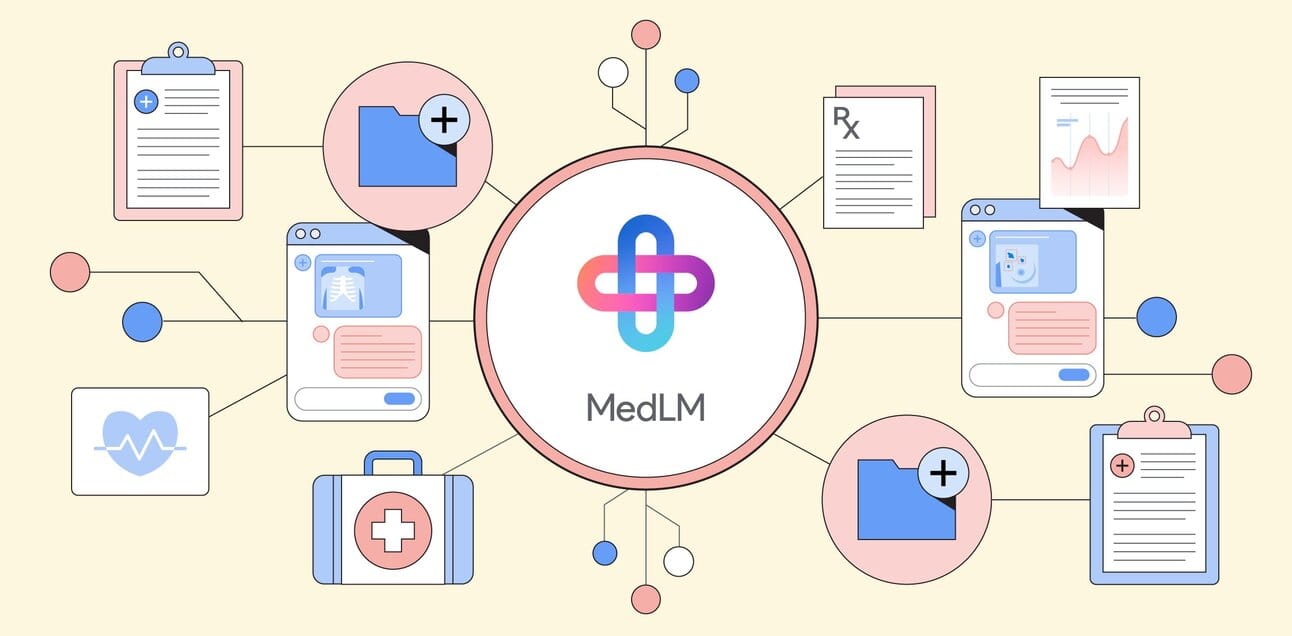- AI Weekly Insights
- Posts
- AI Weekly Insights #10
AI Weekly Insights #10
AI's Horizons: EU's Big Move, Diversity Focus, Google's Health Leap
Happy Sunday!
Welcome to the 10th Edition of “AI Weekly Insights”! A big thank you to everyone viewing this newsletter, your support and interest have been the fuel for my journey. This week, we’re diving into the EU's groundbreaking AI Act, the crucial need for diversity in AI systems, Google's innovative AI healthcare initiatives, and some nifty AI tools for entrepreneurs.
For the week of 12/10/23-12/16/23 (P.S. Click the story’s title for more information 😊):
What’s New: After two years of lobbying and negotiating, the European Union has finally settled on a bill that would mitigate issues caused by AI in various industries and use cases.
4 Things to Know:
Transparency and Ethics: This law mandates AI transparency, requiring labeling for AI-generated content and notifications when interacting with AI.
Documentation: AI models must provide detailed documentation, especially regarding training data. This applies selectively based on the model's computing power, potentially affecting major players like OpenAI and Google.
AI Police Force: A new regulatory office will enforce compliance and issue hefty fines for violations, also enabling public complaints about AI systems.
National Security: A few uses of AI have been completely banned in the EU like using AI to detect emotions in schools or at work, using AI to manipulate human behaviors and weaknesses, and using AI for “social scoring” systems.
Why It Matters: While a deal has been reached, it will still be some time before final wording is decided for the bill. Once it has been officially entered into law, tech companies will have 2 years to implement the newly introduced rules. Like the GDPR, this AI Act could become a global standard for AI regulation.

Image Credits: Stephanie Arnett / MITTR
What's New: A compelling conversation with a Computer Science professor highlights the dire need for more racial and gender diversity in AI.
The Excerpts: The full conversation is a great read, but it dives into some of the root causes of this absence of diversity including a lack of visibility and fear around job displacement. If AI is being presented in a negative light, learners of the technology are less inclined to want to engage with the positives. The professor stresses that inclusion is important as things like jargon leave people on the sidelines. Inclusive AI engagement means involving the people who are least likely to be using AI.
Why It Matters: As generative AI is a reflection of our current world, building systems to be more diverse and inclusive is going to be extremely important going forward. AI can empower numerous people and industries, provided it's audited and supported effectively.

Image Credits: Jeanette Maister / RD
What's New: Google's MedLM, a healthcare-focused AI suite, is set to revolutionize medical care and research.
The Future of Healthcare?: When this was first introduced, use cases included answers to questions such as, “What are the first warning signs of pneumonia?” As clinicians often don’t need help with these kinds of questions, the shift has been to assist with more “back-office” or logistical problems. Some of these use cases have included automatically documenting doctor-patient meetings and automating the handoff process between nurses in a shift. While both use cases are helpful, it is not foolproof yet and Google is working to minimize issues that are inherently transparent in AI systems.
Why It Matters: The company plans to introduce Gemini versions (their most powerful AI model) to MedLM in the future, which will make this even more capable in the future. I can envision a world where the process of seeing a doctor and figuring out what’s wrong is greatly expedited with the use of AI-augmented systems.

Image Credits: Google
AI For Roles: Entreprenuers
Entrepreneurs have often had to work hard to see gains in their business. There are countless tools available to help with saving time and effort in developing ideas and making money.
AI Tool: Copy.ai
An AI-powered copywriting assistant designed to help with generating/refining marketing copy.
Suggests a wide variety of headlines, opening lines, slogans, and other content ideas that aim for originality to capture attention.
Pricing starts at Free for one seat up to a Scale plan for 200+ seats.
AI Tool: Tome.app
An AI presentation tool designed to help with creating visually impressive presentations more efficiently.
Transforms bullet points into beautiful layouts with graphics, color palettes, icons, and more applied automatically.
There is a Free plan for Basic users and a Pro plan that’s available for $16/mo.
AI Tool: Unriddle.ai
A research tool designed to help with quickly finding, summarizing, and understanding information in documents.
Uses language models to extract key insights, generate summaries, and identify relevant connections between things you’ve read and written about.
Pricing starts at Free for 10 credits per month up to a Team plan for 50+ users.
AI Tool: Midjourney
An AI art generation system designed to help with creating images from text descriptions.
Rapidly visualize ideas, concepts, and scenes that may be difficult to capture from imagination or description alone.
Pricing starts at $10/mo. for the Basic plan which gives 200 generations/month up to a Mega plan for $120/mo.
Your curiosity fuels this exploration into AI's evolving landscape. Share these insights with pals who'd love a weekly AI digest 🔄. Drop a comment or hit reply to share your thoughts. See you next Sunday!
Warm regards,
- Kharee